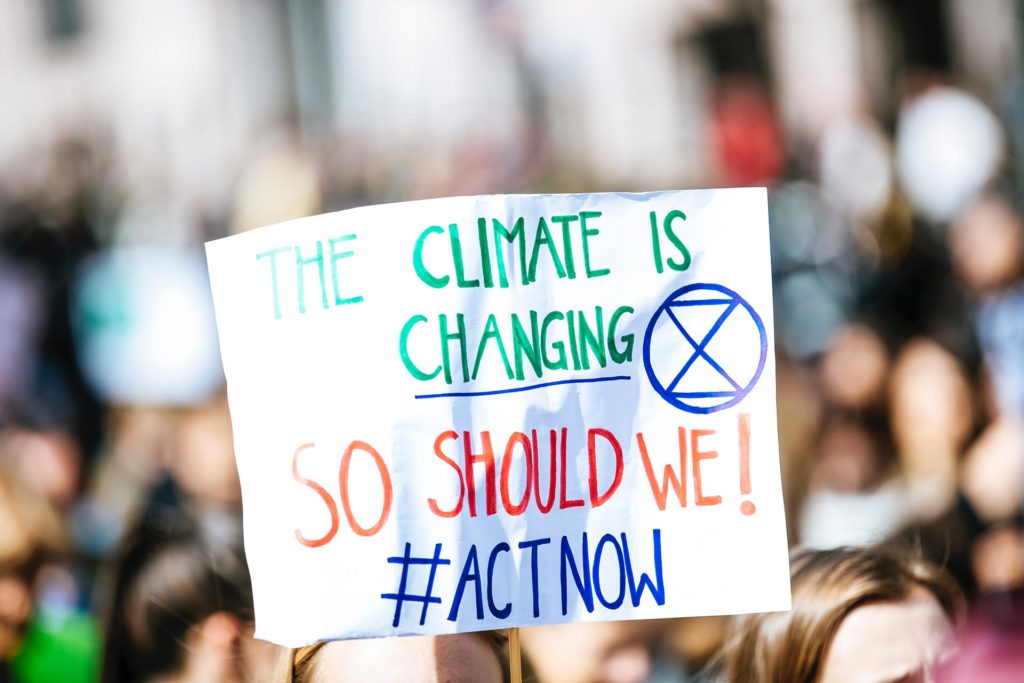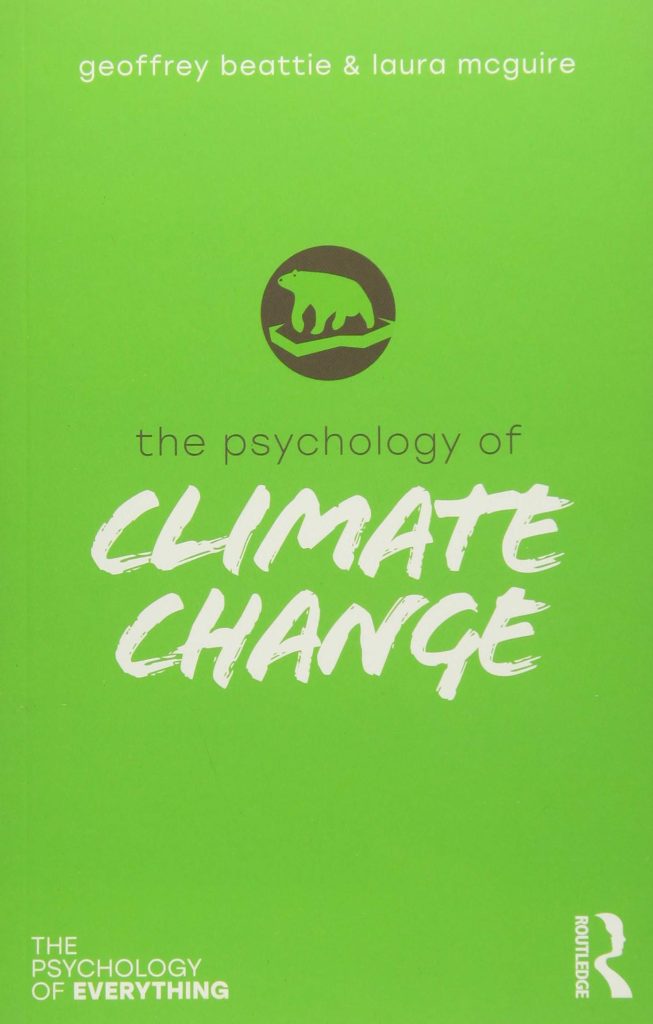
Prof Geoff Beattie (Department of Psychology) and Dr Laura McGuire (Faculty of Education) have worked extensively on the ‘value-action’ gap when it comes to human behaviour for a number of years. Research demonstrates that self-reported attitudes are poor predictors of actual behaviour in a number of domains, including sustainability.
In the area of climate change, their goal is how to get people to act more sustainably, and to identify what psychological barriers (both cognitive and emotional) are preventing them from changing their behaviour to mitigate the effects of climate change. Part of this research involves identifying underlying implicit (as opposed to self-reported) attitudes to high and low carbon products/lifestyles and researching effective mechanisms for changing these implicit attitudes.

In a recent paper (Beattie & McGuire, 2020, Environment and Behaviour), they tested whether selected film clips can be used to change implicit attitudes to carbon footprint to promote low carbon choice. They found that carbon choice could be influenced by film, with clips with a strong emotional content being particularly effective. There was also a significant change in implicit attitudes to low carbon for those with weaker initial pro-low carbon attitudes. Changes were observed six weeks later in both implicit attitude and low carbon choice, compared with baseline.
This experimental demonstration that weak implicit attitudes to low carbon are not immutable, but, instead, are modifiable in the short term using appropriate emotional material, may well hold some promise for subsequent attempts to break the high carbon habit.
The researchers are interested in pursuing the broader implications of this research for future behaviour change campaigns. Part of this involves testing the effects of a new educational campaign aimed at primary schoolchildren led by Dr Laura McGuire. This research is funded by a RITA award from Edge Hill University and will run until the end of 2021.




